Hi there, pet lovers! 🦉
Owls have long captivated our imaginations with their mysterious beauty, silent flight, and piercing eyes. From Harry Potter’s loyal Hedwig to their symbolic presence in folklore, owls are undeniably fascinating creatures. But are they suitable as pets? In this comprehensive review, we’ll explore everything you need to know about owning an owl, from their unique behaviors and care requirements to the challenges and responsibilities that come with keeping these majestic birds. Whether you’re considering an owl as a pet or simply curious about them, this guide will provide you with the information you need to make an informed decision.
Overview
Owls are nocturnal birds of prey known for their silent flight, incredible hearing, and striking appearance. They are not your typical cuddly pets and require specialized care, making them a challenging choice for most pet owners. Here’s a quick summary of what makes owls unique:
- Handling and Temperament: Owls are not naturally inclined to be handled or cuddled. They require experienced handlers and can be defensive if stressed.
- Care and Maintenance: Owls have highly specific care needs, including a diet of whole prey, large enclosures, and daily maintenance.
- Health and Durability: While hardy in the wild, owls are sensitive to environmental changes and require vigilant care to thrive in captivity.
- Availability: Owls are heavily regulated, and owning one often requires permits and specialized training.
- Cost: Owls are expensive to acquire and maintain, with significant upfront and ongoing costs.
Overall: Owls are captivating creatures, but they are not suitable for most pet owners. They require extensive knowledge, resources, and commitment, making them a challenging and often impractical choice.
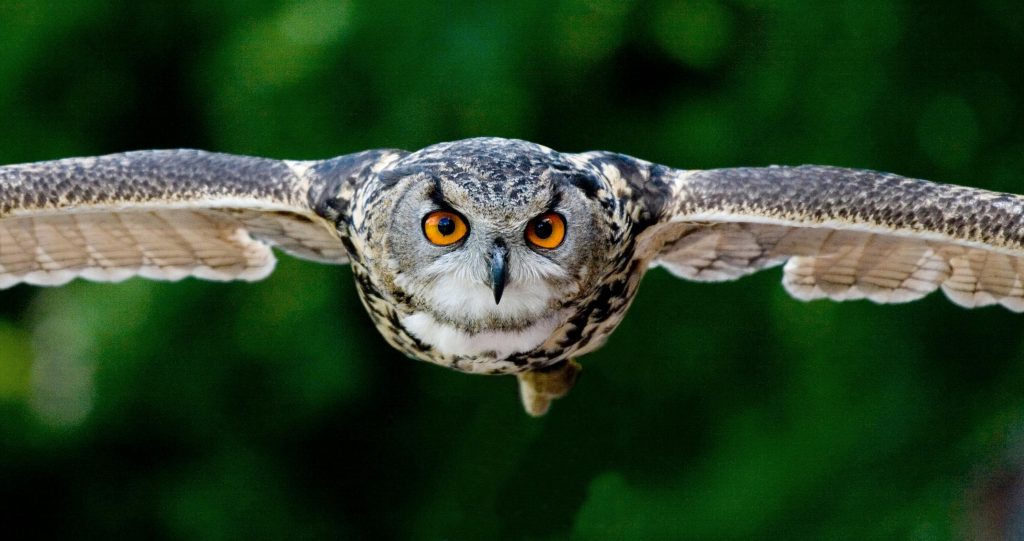
Why Choose an Owl?
Owls are undeniably fascinating animals, but they are not ideal pets for the average person. They are best suited for experienced falconers, wildlife educators, or those with a deep passion for birds of prey. Owls are intelligent, have unique behaviors, and can form bonds with their caregivers, but these bonds are built on respect and trust rather than affection.
If you’re drawn to owls for their beauty and mystique, consider volunteering at a raptor center or supporting owl conservation efforts. These experiences can provide meaningful interactions with owls without the immense responsibility of ownership.
Handling and Temperament
Owls are not cuddly or affectionate pets. They are wild animals with instincts and behaviors that make them challenging to handle. Here’s what you need to know about their temperament:
Personality Variations
- Owls are solitary and territorial by nature. They do not seek human interaction and can become stressed if handled improperly.
- Some owls may tolerate handling if they are imprinted on humans as babies, but this does not mean they enjoy it.
Handling Tips
- Use Protective Gear: Always wear thick gloves when handling owls to protect yourself from their sharp talons and beak.
- Limit Handling: Owls should only be handled when necessary, such as during health checks or training sessions.
- Respect Their Space: Owls need time to rest and should not be disturbed during their active hours (nighttime).
Biting and Defensive Behaviors
- Owls rarely bite, but they can use their talons defensively if they feel threatened.
- Stress can lead to self-harm or feather plucking, so it’s crucial to minimize handling and provide a calm environment.
Overall: Handling an owl is a unique experience, but it requires skill, patience, and respect for the bird’s boundaries.
Care and Maintenance
Owls have highly specialized care requirements that make them one of the most challenging pets to keep. Here’s a breakdown of what’s involved:
Enclosure Setup
- Mews: Owls require a large outdoor enclosure called a mews. This structure must be spacious, secure, and well-ventilated.
- Perches: Provide a variety of perches at different heights to mimic their natural environment.
- Weather Protection: Ensure the mews is protected from extreme weather conditions, such as heavy rain or intense sunlight.
Diet
- Primary Food: Owls are carnivores and require a diet of fresh meat, typically small birds or rodents.
- Feeding Schedule: They must be fed daily, and their food must be high-quality and nutritionally balanced.
- Supplements: Occasionally, live prey can be offered to stimulate their hunting instincts.
Exercise
- Daily Flying: Owls need daily outdoor flying sessions to stay physically and mentally healthy. These sessions must be supervised to prevent accidents or escapes.
- Training: Regular training is essential to maintain their skills and strengthen the bond between the handler and the bird.
Cleaning and Maintenance
- Enclosure Cleaning: The mews must be cleaned regularly to prevent the buildup of waste and bacteria.
- Feather Care: Inspect their feathers regularly for damage or signs of illness.
- Health Checks: Schedule regular checkups with an avian veterinarian to monitor their health.
Overall: Caring for an owl is a full-time commitment that requires meticulous attention to their diet, environment, and health.
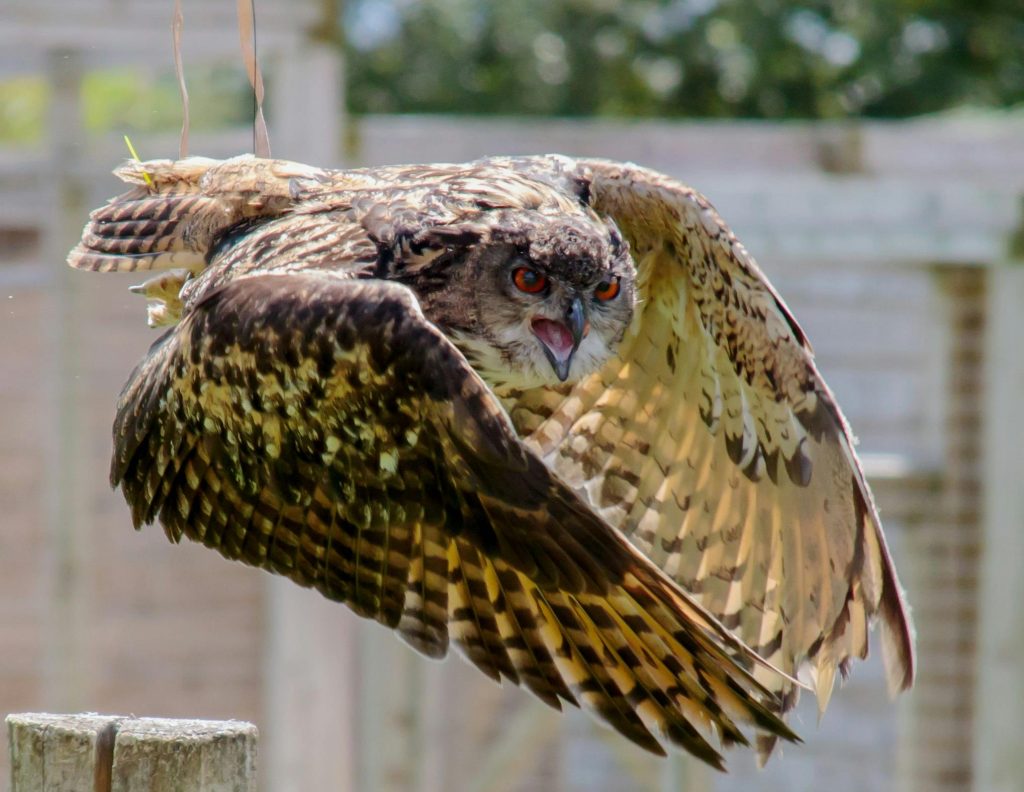
Health and Durability
Owls are hardy in the wild but can be fragile in captivity. Here are some key health considerations:
Common Health Issues
- Bumblefoot: A bacterial infection caused by improper perches or unclean conditions.
- Respiratory Infections: Often caused by poor ventilation or drafts.
- Feather Damage: Broken or plucked feathers can impact their ability to fly and regulate body temperature.
Preventative Care
- Regular veterinary check-ups with an avian or raptor specialist are essential.
- Maintain a clean environment and provide a balanced diet to prevent health issues.
Overall: Owls require vigilant care to stay healthy, and even experienced owners may face challenges keeping them in optimal condition.
Availability and Cost
Owls are not readily available as pets, and owning one often involves legal and logistical hurdles.
Where to Buy
- Breeders: Some breeders produce captive-bred owls, but they are rare and expensive.
- Falconry Permits: In many regions, owning an owl requires a falconry or educational permit, which involves extensive training and certification.
Cost
- Initial Cost: Owls can cost anywhere from $1,000 to $3,000, depending on the species.
- Enclosure and Equipment: Building or purchasing a suitable enclosure can cost thousands of dollars.
- Ongoing Costs: Food, veterinary care, and maintenance can add up quickly.
Overall: Owls are expensive and difficult to acquire, making them inaccessible to most pet owners.
Pros and Cons
Pros
- Owls are fascinating and intelligent creatures with unique behaviors.
- They can form bonds with their caregivers, though these are based on trust rather than affection.
- Owls are a symbol of wisdom and beauty, making them a rewarding experience for dedicated enthusiasts.
Cons
- Owls require specialized care, including a diet of whole prey and large enclosures.
- They are not affectionate or cuddly and can be defensive if stressed.
- Owls are expensive to acquire and maintain, and their care is time-intensive.
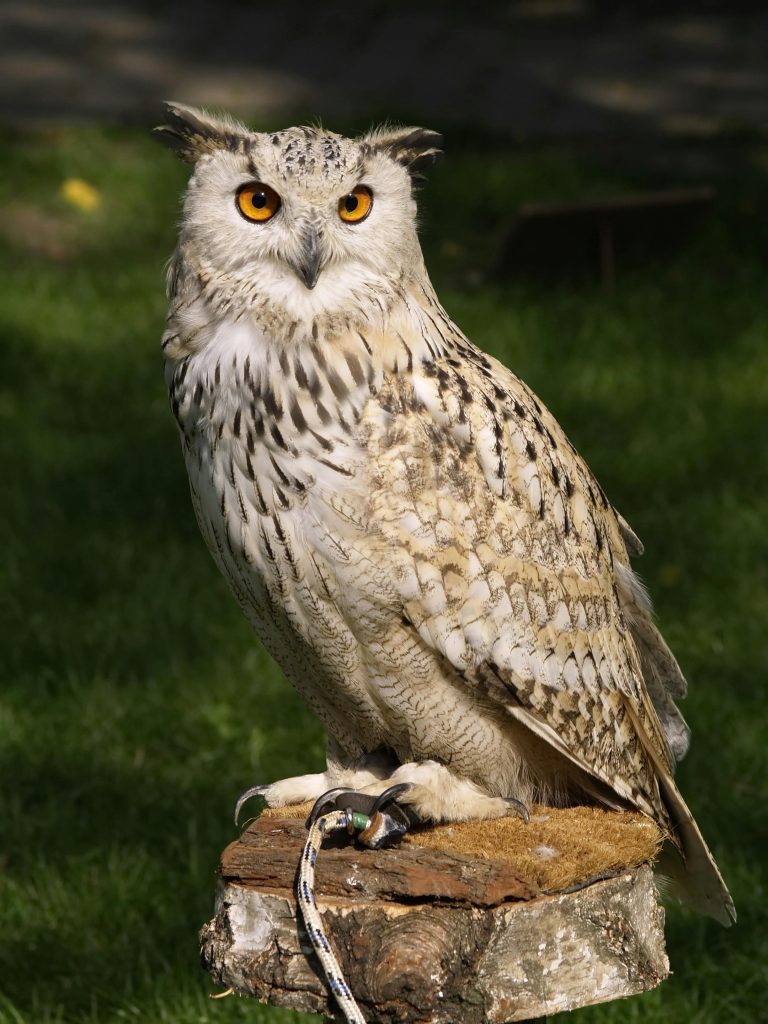
Final Thoughts
Owls are undeniably captivating creatures, but they are not suitable pets for most people. Their specialized care requirements, legal restrictions, and high costs make them a challenging and often impractical choice. However, for those with the knowledge, resources, and dedication, owning an owl can be a deeply rewarding experience.
If you’re passionate about owls, consider supporting conservation efforts or volunteering at a raptor center. These opportunities allow you to interact with owls in a meaningful way without the immense responsibility of ownership.
Have you owned an Owl? Share your experiences and tips in the comments below! We’d love to hear how you care for your owl and what makes them special to you.
For more information on exotic pets and care tips, stay tuned to our blog and don’t forget to subscribe to our newsletter! 🦉

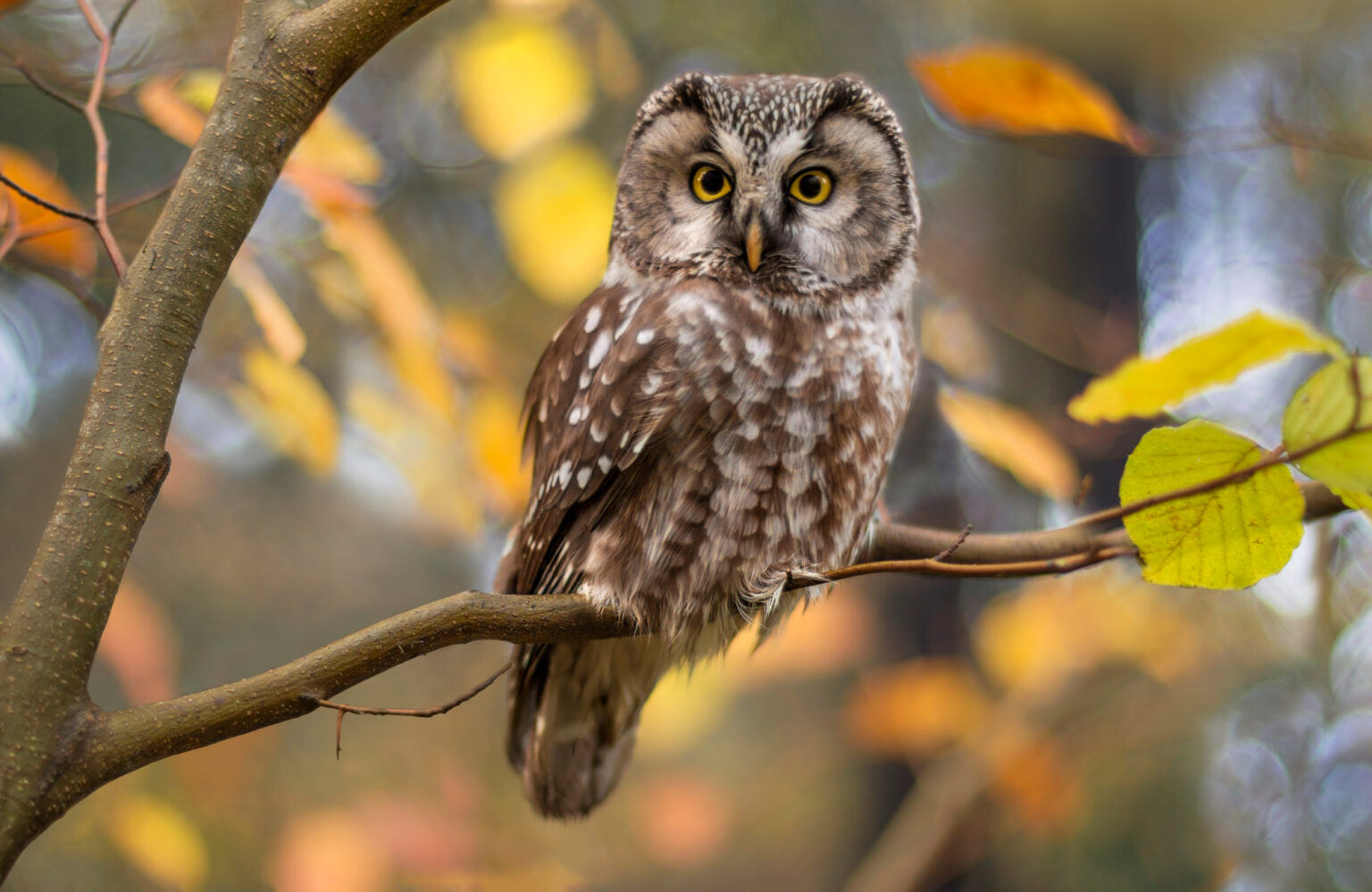

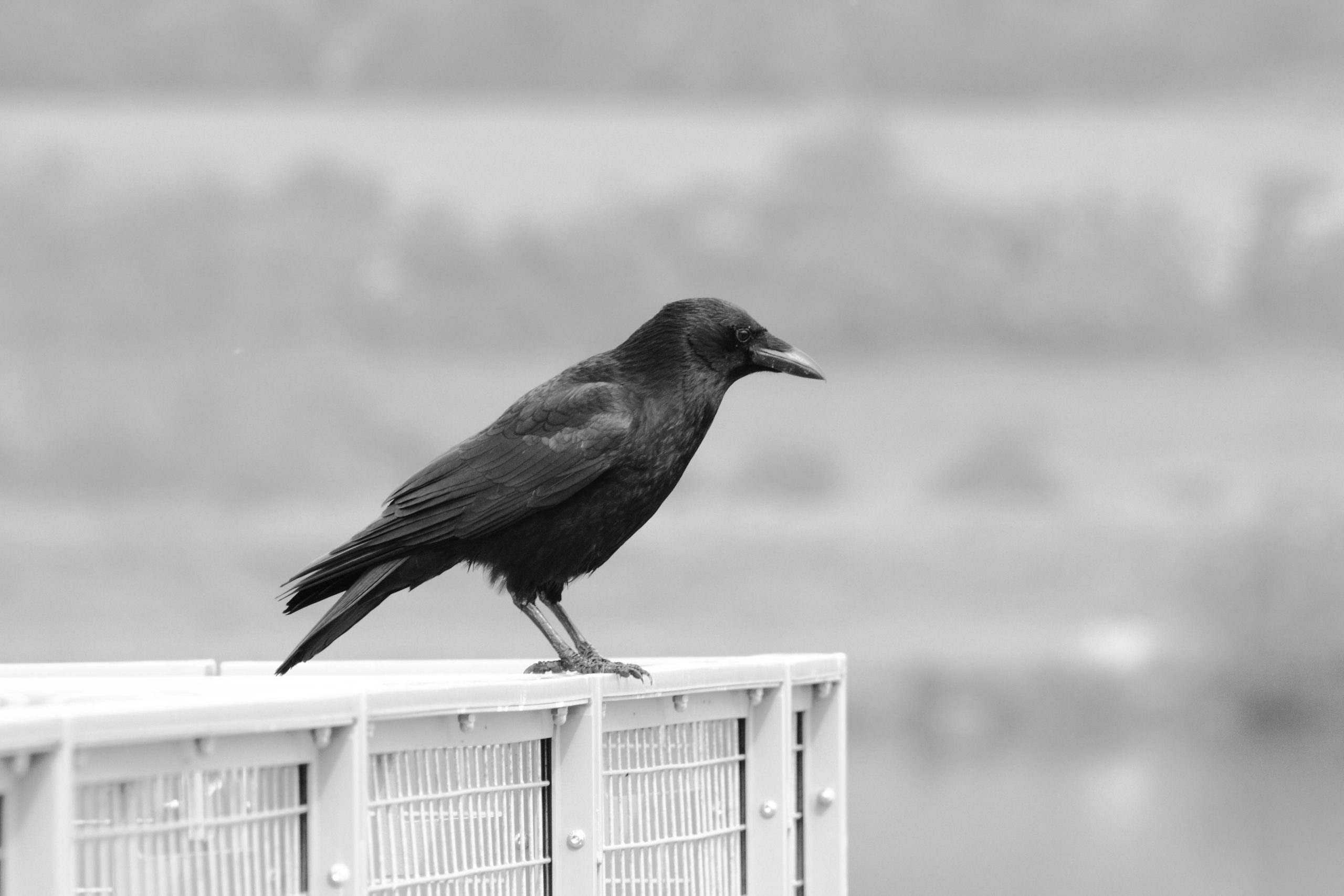
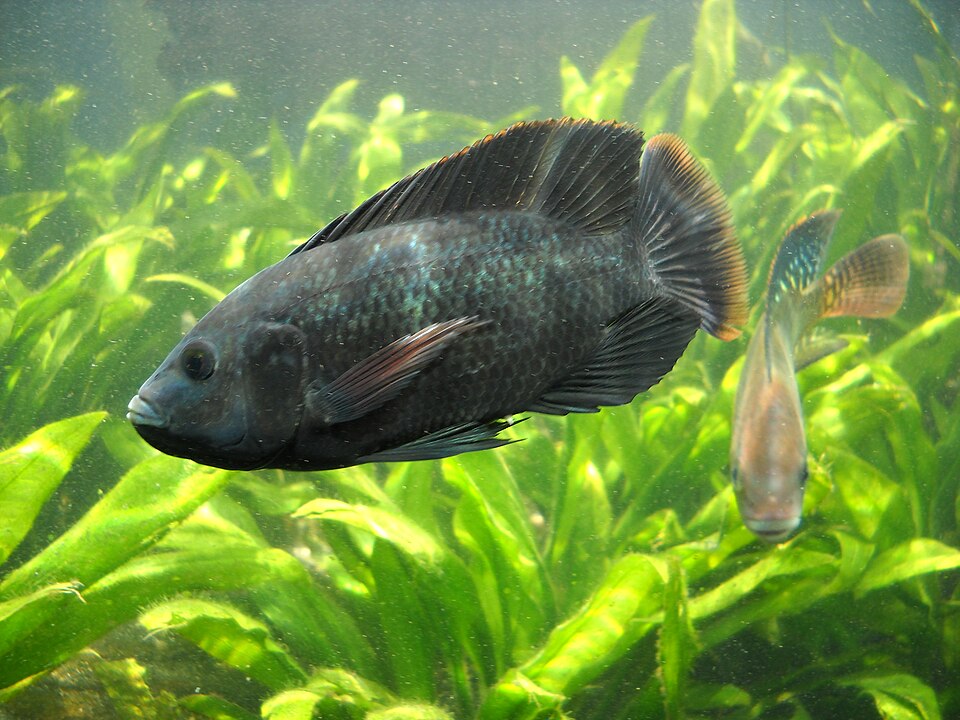
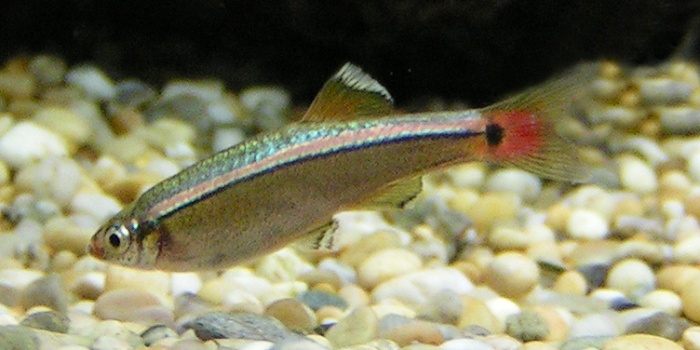
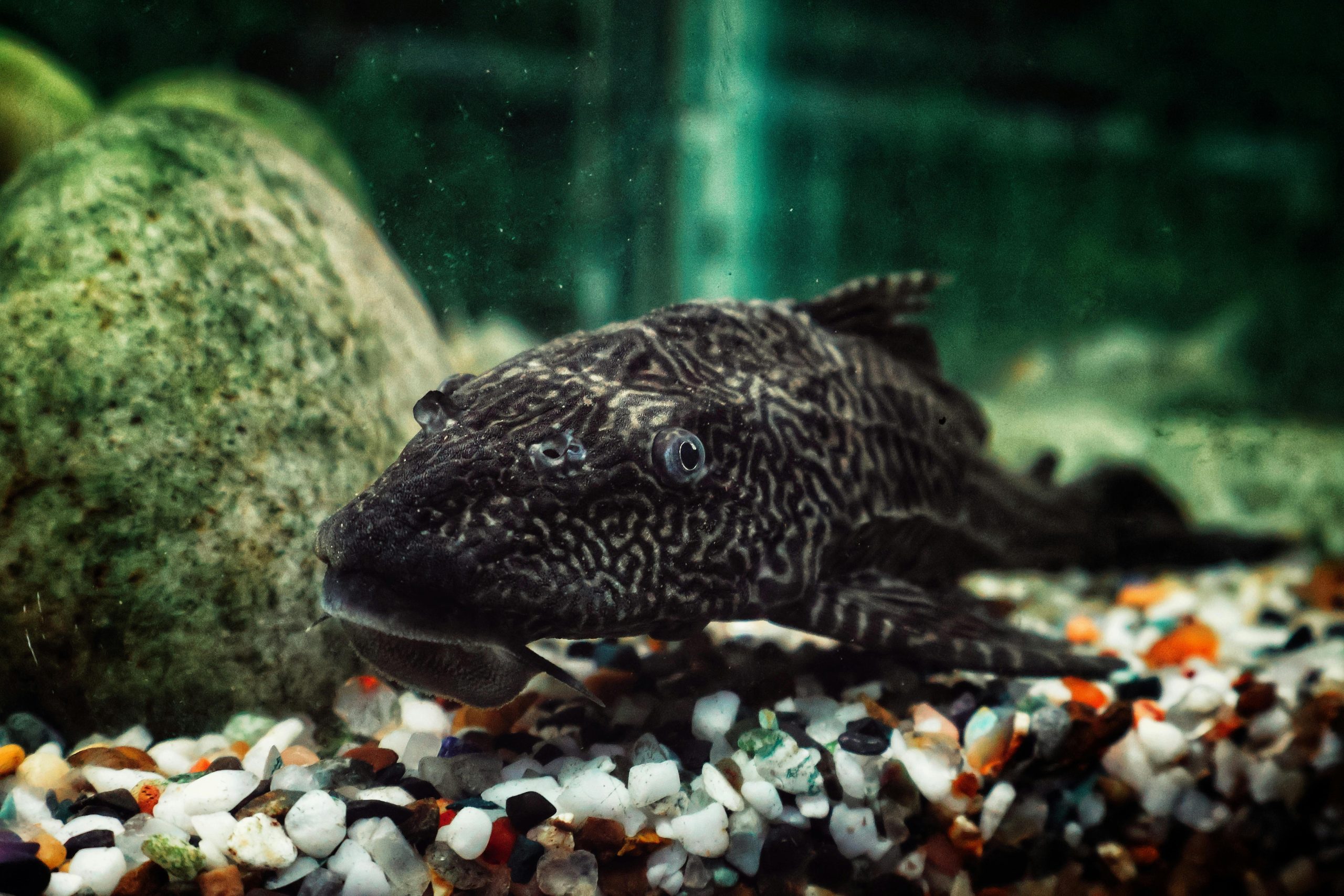
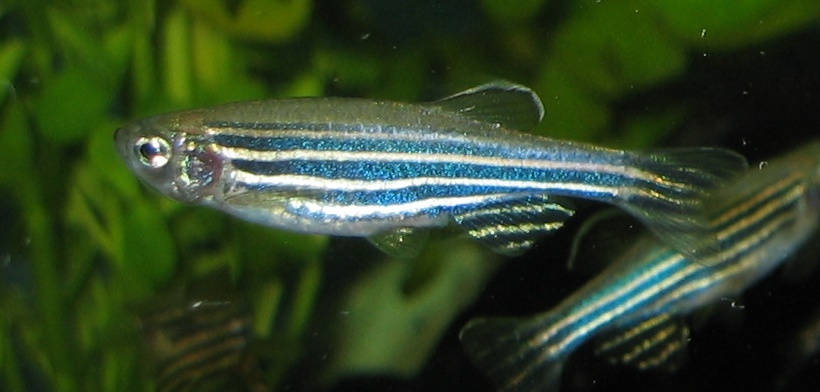
Leave a Reply